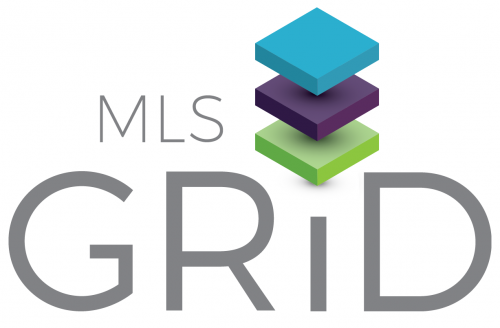
Whether your home is on the coastline or in a landlocked neighborhood, floods can be catastrophic and costly. Because of this risk and homeowners insurance not including coverage for flood damage, flood insurance is an essential commodity for many homeowners. But how can you know if a flood policy is right for you? To help you decide, here are some of the most important things to know about flood insurance:
Determine Your Flood Insurance Requirements
Mortgage lenders often require flood insurance for buying a home. This is especially common in areas with higher flood risk, but may be a requirement in other circumstances. The best way to know if you'll need flood insurance to get a mortgage for purchasing or refinancing is to find out if you're in an official flood zone as designated by the Federal Emergency Management Agency (FEMA) and discuss it with your lender.
Be Aware of Waiting Periods
If flood insurance isn't required where you live, you may still want to consider the investment. However, it's safest to discuss flood coverage with your insurance provider before you need it. Many policies have a 30-day waiting period before the coverage takes effect. This means that buying a last-minute policy right before an oncoming storm might not protect your home.
Research the Area
According to FEMA, more than 20% of all claims made through the National Flood Insurance Program were from residents outside flood zones. Researching local flood history is extremely helpful when buying a new home, as it can help you determine your risk and budget for additional coverage. Living outside an official flood zone doesn't guarantee you won't experience a flood; however, it can mean lower insurance rates.
While not required everywhere, flood insurance can provide excellent relief in the event your home or belongings are damaged by a flood. Keep these key factors in mind and consult with an insurance professional to determine the best choice for your situation.
About the Author

